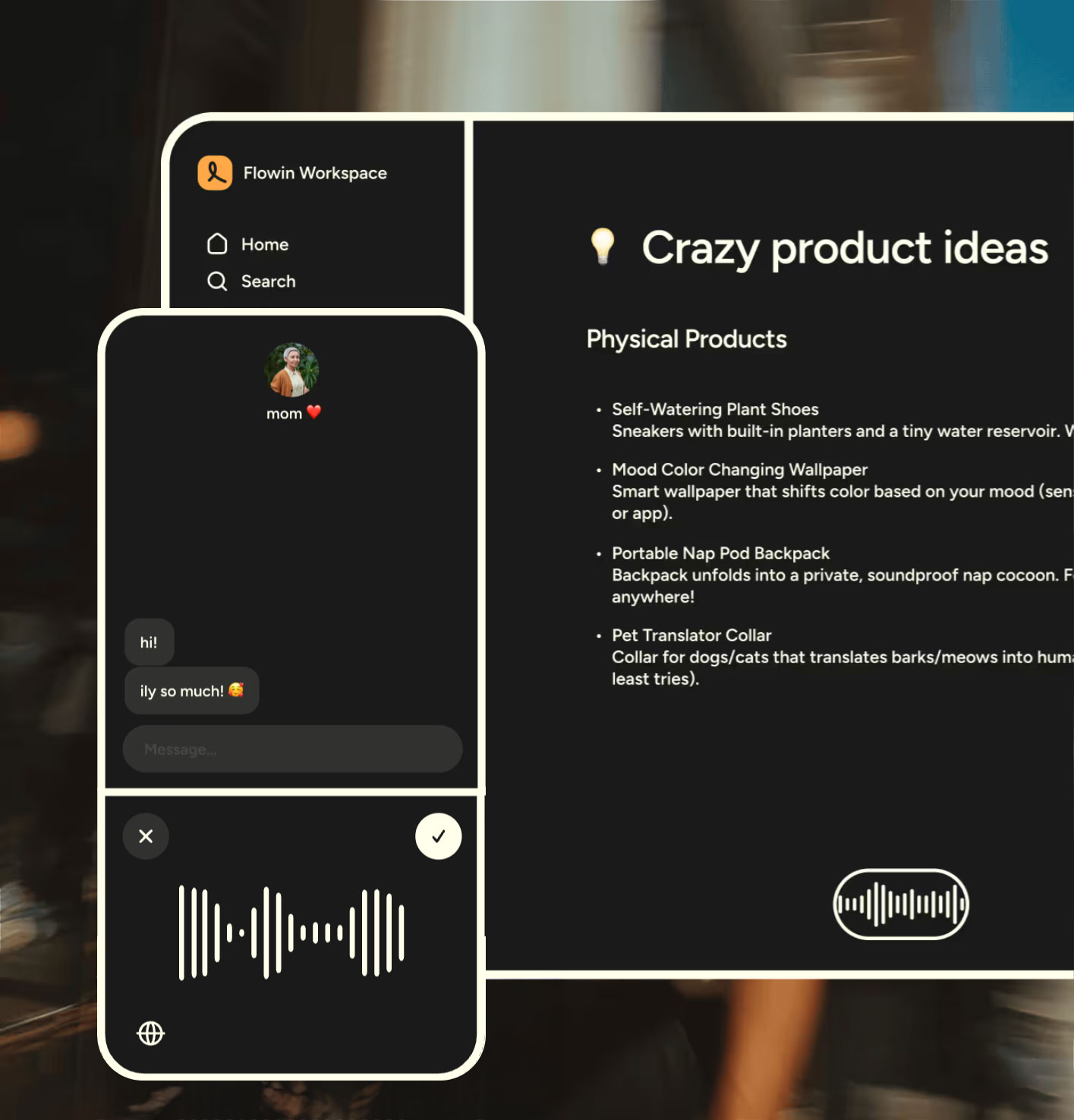Predictive and generative AI are entering many new applications. At Menlo Ventures, we are especially excited about applications for AI in drug discovery and development, specifically when new technology can directly address a major unmet need.
Vilya has developed a novel AI platform for designing macrocyclic peptides, a class of drugs with proven utility that have been hard to develop. Unlocking this drug class requires a new approach that combines cutting edge AI modeling and iteration, rapid experimental validation, and thoughtful target selection.
AI-Enabled Drug Development Expanding from Small Molecules to Proteins
In drug development, size matters—small molecules are usually easier to take by mouth as a pill and can cross cell membranes to reach drug targets inside cells. Protein drugs or biologics are orders of magnitude larger and can be more complex, but they have greater diversity to modify and affect cellular activity. Historically, we have been unable to apply AI for de novo drug design due to the lack of quality experimental data and the physical and chemical constraints of drug synthesis.
Macrocyclic peptides are a class of proven drugs that are intermediate in size: more complex and functional than small molecules, but smaller than large proteins for easier delivery. Like small molecules, they can be made for oral delivery and cell membrane permeability. Their properties also make them uniquely positioned to disrupt clinically relevant protein-protein interactions (PPIs) inside of cells. At Menlo, we have been investing in small molecule AI drug development pioneers for several years, including category leaders like Recursion and Genesis. Macrocyclic peptides expand the universe of targets that we can go after within the Menlo portfolio.

Macrocyclic Peptides Are Validated Drugs, But Hard to Make
Nature has already given us some successful examples of macrocyclic peptides. Cyclosporine, for example, was originally isolated from fungi and is used as an immunosuppressant for rheumatoid arthritis, psoriasis, Crohn’s disease, and transplants (to prevent organ rejection).
There have been many efforts to design new macrocyclic peptide drugs, but simultaneously optimizing activity, bioavailability, and permeability within the physical constraints of a ring structure have proven very challenging, and even the few successful efforts have typically required up to 10 years of manual human research (including screens and medicinal chemistry) per drug candidate. The few natural macrocycles have not provided enough generalizable design rules to unblock innovation in this promising drug class.
Vilya’s Approach Combines Unmet Need and Practical AI Platform
Vilya aims to dramatically accelerate the development of macrocyclic peptide drugs. Spun out of Professor David Baker’s lab at University of Washington’s Institute for Protein Design (IPD), the scientific founders published in Cell a novel approach to computational design and experimental validation of drug-like macrocyclic peptides.
Vilya builds on years of research by the Baker Lab and IPD to enable accurate prediction of protein structures through AI-based models such as RoseTTAFold and Deepmind’s Alphafold. Vilya’s founders further developed these models to accurately predict the structure of macrocyclic peptides via a neural network. Using a rapid design-build-test cycle, the team can create peptides containing different structural features, empirically determine structure, and evaluate permeability. Using their rapidly growing proprietary dataset of macrocycle-specific sequence libraries, known structures, and experimentally determined results, Vilya can iterate their AI model to develop potential drug candidates.
Vilya Will Advance the Platform and Bring Drugs to the Clinic
At Menlo, we look for integrated teams that are equally well-versed in the experience required for drug discovery and development and the development of innovative technology.
Vilya’s founders include protein AI pioneers David Baker, Patrick Salveson, and Gaurav Bhardwaj, and the company is led by CEO Cyrus Harmon, who previously founded Olema Oncology. Vilya is set up well to develop a portfolio of assets with team members joining with decades of drug development experience from big pharma and early biotechs. At the same time, the team will use the latest generative models to implement active learning based on their growing proprietary training data.
Conclusion
Along with our co-investors in their Series A, including ARCH Venture Partners, we could not be more excited to see Vilya open up a valuable but difficult drug class. We see an opportunity to match the well-known but poorly addressed technical challenges of oral bioavailability and cell permeability for macrocyclic peptides with novel technology that can potentially address that bottleneck. As AI proves more value in drug development, we look forward to working with more founders who innovate at the intersection of computation, biology, chemistry, and medicine.
As a principal at Menlo Ventures, Johnny invests in biotech and life science companies with a focus on novel therapeutics and new technologies for improving medical outcomes. He has firsthand experience working at the bench on engineering new tools for the clinic. While completing his Ph.D., Johnny helped develop gene…
Greg is a partner at Menlo Ventures, where he invests in teams trying to solve major problems in life science and healthcare, with a special interest in novel therapeutic platforms, digital health, and transformative technologies. Since joining in 2017, Greg has led Menlo investments including Cartwheel, Clear Labs, Curie, Delfi,…







